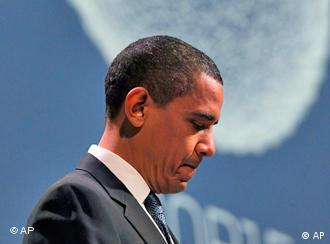 Wed, 30 May 2012 04:57 GMT, Source: Content Partner // Inter Press Service
Wed, 30 May 2012 04:57 GMT, Source: Content Partner // Inter Press Service
By Carey L. Biron
WASHINGTON, May 30 (IPS) – If a series of “golden rules” can be followed, a new report from the International Energy Agency (IEA) suggests, global natural gas usage could grow by more than 50 percent by 2035.The report, released on Tuesday, came under sharp criticism from environmental groups for charting a route to a “golden age” in the extraction and use of natural gas.
(…)
“We have an opportunity for natural gas to address the intermittency problems of renewable energy sources – it could become an ally of renewables,” Alexander Ochs, the director of the climate and energy programme at the Worldwatch Institute here in Washington, told IPS. Ochs also reviewed a draft of the IEA report.
Ochs says that there are a number of actors within the gas sector that will welcome the new IEA recommendations as a way of cutting down on the potential of a future environmental catastrophe that could lead to industry-damaging policy restrictions.
“The problem isn’t with this report. The problem is that if you don’t have good regulations in place, there go your opportunities,” he says. “And if you don’t have smart technologies in place, you lose this ally.”
Ochs does warn that the report underplays the potential use of renewables in the upcoming decades, however, by suggesting that green technologies other than hydro will only make up five percent of total energy demand in the next quarter century.
“I think the IEA could well be wrong in the numbers it’s using. Technically and economically, more than half of our electricity could come from renewables as early as 2030,” he says.
“But if gas sees a golden age and becomes cheap globally, it could get in the way of renewables. Then, rather than being an enabler, it becomes a deal breaker.”



